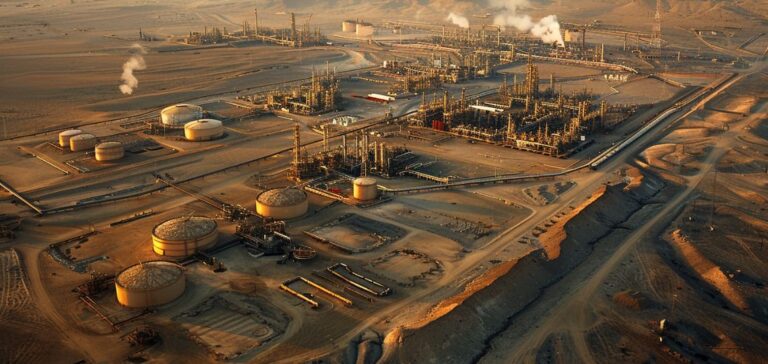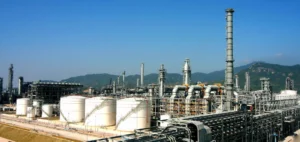The Mabruk field, a key site for Libyan oil production, resumed operations in March 2025 after more than a decade of suspension. The National Oil Corporation (NOC) announced an initial production of 5,000 barrels per day, with the goal of reaching a capacity of 25,000 barrels per day by July 2025.
This reopening is part of Libya’s efforts to revitalize its oil sector after years of internal conflicts that severely disrupted production. Oil production is essential to the Libyan economy, which relies heavily on this resource to finance its national budget and support infrastructure projects. The Mabruk field, which had been a major player in the sector before its closure in 2015, is expected to play a crucial role in Libya’s efforts to regain market share in the oil extraction industry.
Restart of Mabruk field and production goals
The initial production of 5,000 barrels per day marks the beginning of the field’s resumption, but the NOC aims for a gradual increase. Production is expected to reach 25,000 barrels per day by mid-year, with the goal of progressively surpassing the pre-closure levels. This resumption comes at a time when Libya is working to revitalize its oil sector following a series of internal crises that led to a decline in production over the years.
The Mabruk field had been shut down due to internal violence and actions by armed groups that disrupted the exploitation of energy resources. Although the shutdown lasted more than ten years, the reopening of Mabruk represents a symbolic step for Libya, a country aiming to restore its production capacity and strengthen its position in the global oil market.
Economic impact of the restart for Libya
Oil production is the primary source of income for Libya, accounting for more than 90% of its exports. The resumption of production at the Mabruk field, although modest at this stage, contributes to increasing national revenues, a crucial factor in a country seeking economic stability after years of conflict. The restart of this field also sends a positive signal to foreign investors, who are interested in exploiting opportunities in an underutilized oil sector whose profitability is directly tied to political stabilization efforts.
The NOC has indicated that it will continue efforts to increase production from other fields in the region. These efforts aim to reach an overall production target of 2 million barrels per day in the coming years, a level that, if achieved, would significantly strengthen Libya’s economic position. However, these ambitions remain contingent on the security and political stabilization within the country, which continues to face challenges in these areas.
Challenges related to infrastructure and security
Despite the hopes tied to the reopening of the Mabruk field, Libya faces many challenges to ensure the sustainability of its production. Aging oil infrastructures, damaged by war, require significant investment to ensure their reliability and efficiency. The NOC plans to modernize several facilities, but these projects are costly and may be delayed by security issues.
The security situation in producing regions remains uncertain. While areas around Mabruk have been secured to allow the resumption of activities, the presence of armed groups in certain producing zones remains a potential obstacle to the stability of operations. Libyan authorities will need to continue working on strengthening security in these areas to protect investments and ensure uninterrupted production.





















